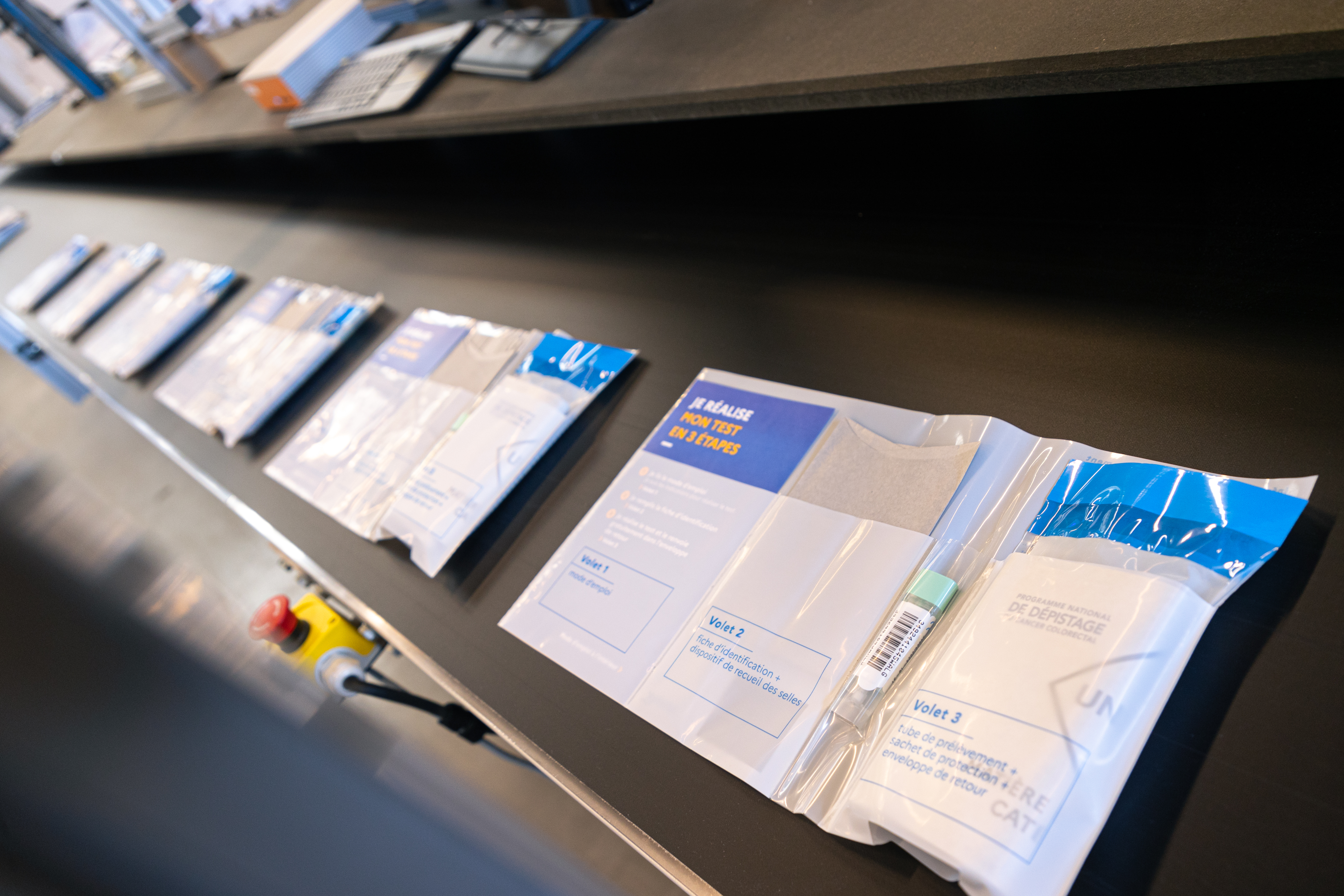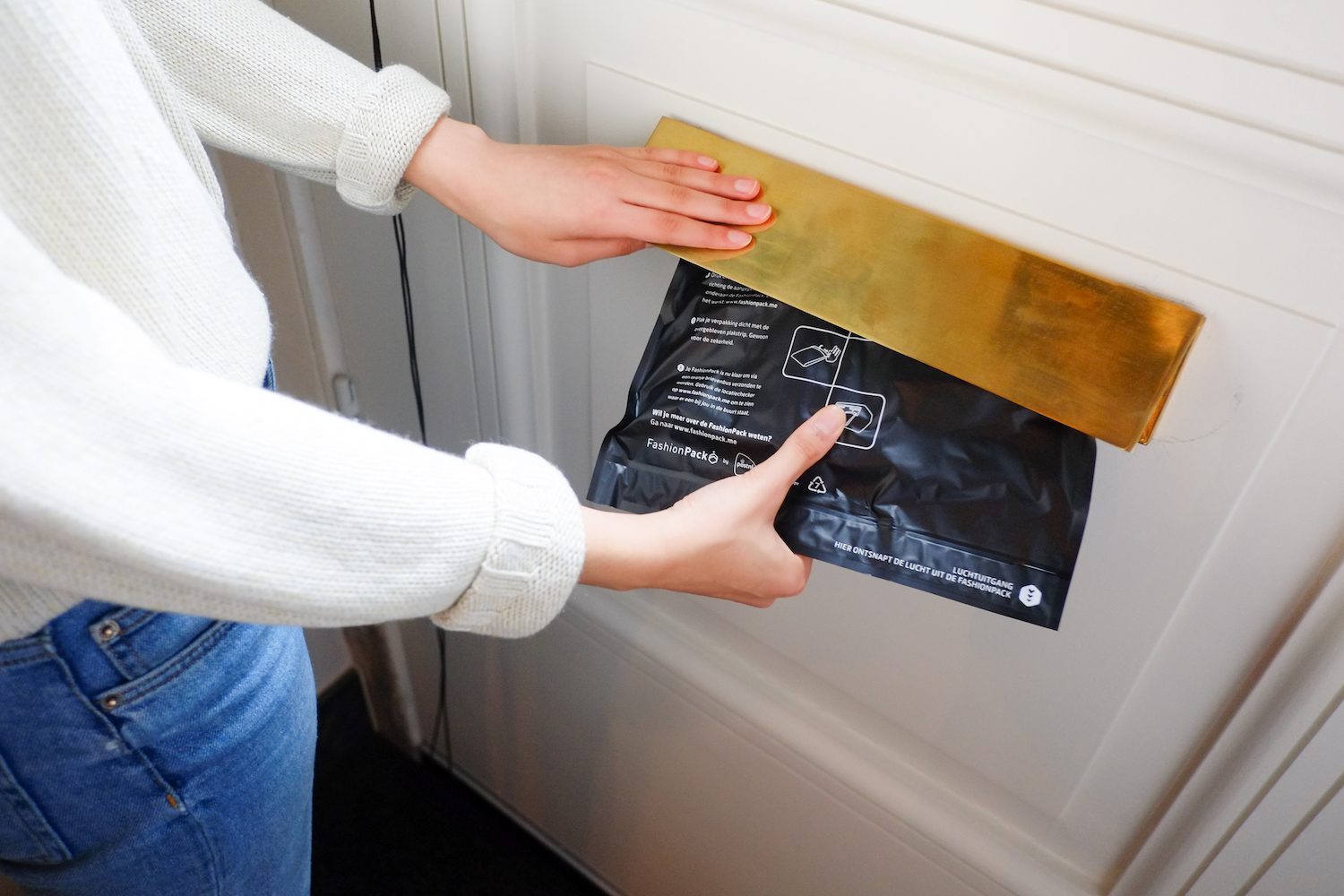

Introduction
In an age where environmental concerns loom large, businesses are increasingly looking for ways to align their practices with sustainability principles. The packaging industry, a significant contributor to waste wholesale custom packaging https://www.daklapack.us/ and pollution, is no exception. The rising demand for sustainable practices in the world of custom packaging reflects a collective consciousness about protecting our planet. This article delves into the various facets of sustainable packaging, exploring solutions that not only meet consumer needs but also respect ecological limits.
Sustainable Practices in the World of Custom Packaging
Sustainable practices in the world of custom packaging involve a comprehensive approach to design, production, and disposal processes that prioritize environmental health. From eco-friendly materials to energy-efficient manufacturing processes, these practices aim to minimize negative impacts on our ecosystem while delivering effective packaging solutions. Whether it's coffee packaging or wine pouch packaging, every element can be optimized for sustainability.
The Importance of Sustainable Packaging Solutions
Why Go Green?
The question isn't whether businesses should adopt sustainable packaging solutions; rather, it's how quickly they can adapt. With consumers becoming more environmentally conscious, brands that embrace sustainability often enjoy enhanced reputations and customer loyalty. Furthermore, regulatory pressures are mounting globally as governments push for reduced plastic usage and increased recycling rates.
Consumer Demand: Today's consumers prefer brands that demonstrate social responsibility. A study showed that 73% of millennials are willing to pay more for sustainable products.
Cost Efficiency: While the initial investment may seem high, sustainable practices can lead to long-term savings through waste reduction and efficiency improvements.
Brand Loyalty: Companies committed to sustainability often enjoy higher levels of customer loyalty and brand advocacy.
Innovative Materials Used in Custom Packaging
Recycled Packaging: The Circular Economy Model
One hallmark of sustainable packaging is utilizing recycled materials. Recycled paper and plastics can be transformed into new packaging products without compromising quality.
- Benefits: Reduces landfill waste Conserves resources by using less raw material Lowers carbon footprint during production
Compostable Packaging: Nature's Friend
Compostable materials break down into organic matter under composting conditions, making them an excellent alternative for food-related items such as supplement packaging or food packaging pouches.
- Advantages: Decomposes naturally Enriches soil when composted Offers a solution for single-use items
Biodegradable Options: A Step Towards Zero Waste
Unlike traditional plastic, biodegradable materials break down more quickly due to natural processes involving microorganisms.
- Key Points: Can help mitigate pollution Often derived from plant-based sources Suitable for various applications including retail packaging solutions
Types of Sustainable Packaging Solutions Available Today
Stand Up Pouch Packaging: Versatility Meets Sustainability
Stand up pouches combine functionality with aesthetic appeal and can be made from eco-friendly materials such as recyclable films or compostable laminates.
- Ideal for: Coffee packaging Snack foods Liquid packaging
Refill Packaging: A Novel Approach to Consumerism
Refillable containers reduce single-use waste by allowing consumers to refill existing packages rather than purchasing new ones each time.
- Benefits: Encourages repeated use Reduces overall consumption
Medical Packaging Innovations: Safety Meets Sustainability
Even industries like medical packaging are exploring sustainable options without compromising safety or efficacy.
- Examples include: Eco-friendly biohazard specimen bags Recyclable medical packaging materials
The Role of Technology in Sustainable Practices
Advancements in Manufacturing Processes
Modern technologies enable manufacturers to optimize resource use effectively:
- Energy-efficient machinery reduces power consumption. Digital printing allows for smaller batch sizes with less waste.
Smart Packaging Solutions: Tracking Sustainability Efforts
Technological advancements have led to smart labels that track the lifecycle of products, ensuring responsible disposal methods after use.
- Features: QR codes link consumers to recycling information.
Challenges Faced by the Custom Packaging Industry
Balancing Cost and Quality Concerns
While there’s a strong impetus toward sustainability, many companies face challenges related to cost-effectiveness:
Initial investments can deter small businesses. High-quality recycled materials may come at a premium price.Consumer Education on Sustainable Choices
Despite growing awareness around sustainability issues, many consumers remain uninformed about what truly constitutes green practices—leading brands to invest heavily in educational campaigns.
Future Trends in Sustainable Custom Packaging
Growth of Compostable Stand Up Pouches
The future looks bright for compostable stand up pouches as brands seek out alternatives that resonate with eco-conscious consumers.
Increased availability will lead more companies to adopt this format. Innovators will continue developing new biodegradable materials suitable for various applications.Sustainable Supply Chain Practices
A greater focus on supply chains will see companies vetting suppliers based on their environmental performance:
- Utilizing local suppliers reduces transportation emissions.
FAQs About Sustainable Practices in Custom Packaging
Q1: What is sustainable custom packaging?
A1: Sustainable custom packaging refers to the use of eco-friendly materials and production processes aimed at minimizing environmental impact while meeting consumer needs.
Q2: How does recycled packing contribute to sustainability?
A2: Recycled packing minimizes landfill waste and conserves resources by repurposing existing material instead of relying solely on virgin resources.
Q3: What are some examples of sustainable materials used in custom packaging?
A3: Some popular examples include recycled paper and plastics, compostable films, biodegradable options, and reusable containers like refill packs.
Q4: Can medical packaging be sustainable?
A4: Yes! Innovations in medical packaging now include eco-friendly biohazard specimen bags and recyclable medical packing materials without sacrificing safety standards.
Q5: Why should businesses invest in sustainable practices?
A5: Beyond ethical considerations, investing in sustainable practices can enhance brand reputation, foster customer loyalty, reduce costs over time, and comply with regulatory requirements.
Q6: What role does technology play in sustainable custom packaging?
A6: Technology enhances production efficiency through energy-saving machinery while enabling smart labels that promote responsible disposal options among consumers.
Conclusion
As we navigate through an era defined by environmental challenges, embracing sustainable practices in the world of custom packaging becomes not just beneficial but necessary. From innovative materials like recycled and compostable options to advancements in manufacturing technology—companies must continually adapt their strategies toward sustainability. By making informed choices about coffee packaging or selecting ideal retail packing solutions such as stand up pouch designs—brands not only facilitate consumer needs but also champion ecological preservation efforts crucial today more than ever before.